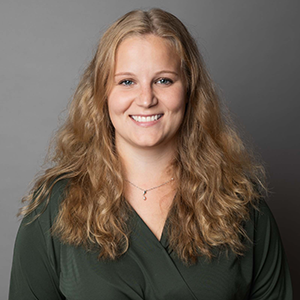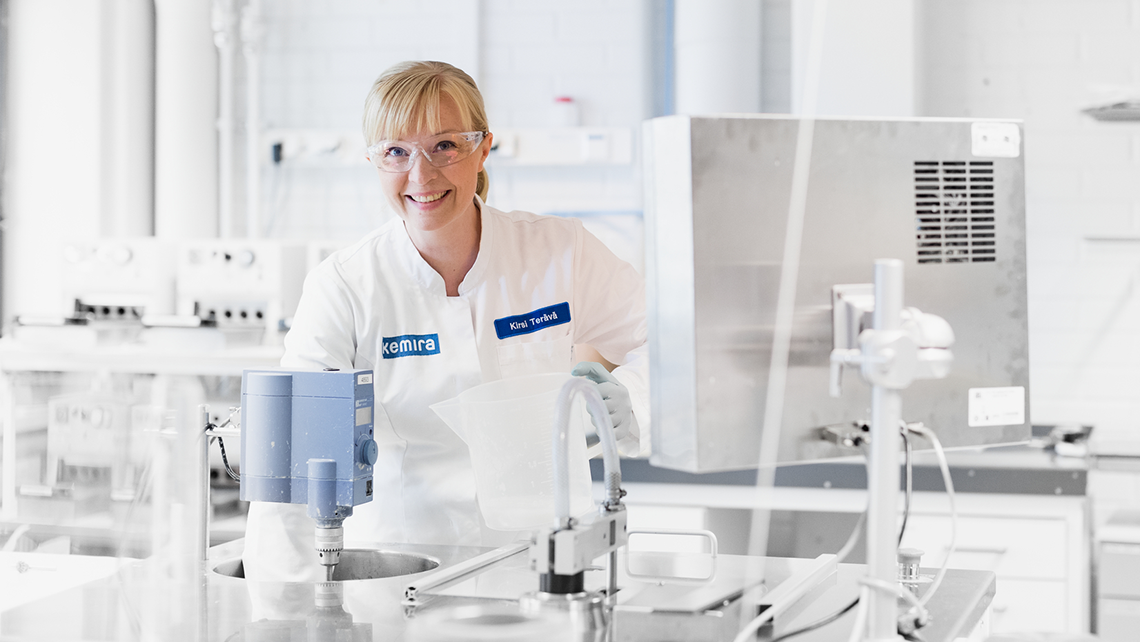The work lasted six months and included a literature review as well as a practical part. In the literature review, I discussed pulping variables, the use of recycled raw material in papermaking, chemically assisted repulping, and laboratory-level repulping tests. For the experimental part, I disintegrated various dispersion-coated packaging board samples in water and with chemical aids, formed sample sheets from them and made various measurements on the sheets to evaluate the properties. Analyzing and presenting the results visually were most challenging for me throughout the project, but due to patience and encouragement, I got decent results and outcome from the project.
During my thesis, I learned so much new that it is impossible to list everything. Just to give you an idea; my scientific writing developed dramatically, my understanding of papermaking processes, and repulping in particular, multiplied, I learned a lot about new laboratory methods, and I found new perspectives on the recyclability of dispersion-coated cardboard products.
What was particularly great about Kemira from the perspective of a thesis worker was that I was personally responsible for most of the issues related to my thesis. It taught tremendously about project management, scheduling, and responsibility. Nevertheless, I was never left alone at any point, as I could easily get help with any concerns at any time, both remotely and on site.
The past corona year posed some challenges to the completion of my thesis, but fortunately nothing happened to prevent me from completing the work. Exceptionally, I started my thesis completely remotely. In line with the prevailing remote work recommendation, I only got to go to the work place in person after a few months from starting, when it was time to move from the literature review to the experimental section. I think doing the literature part remotely went well given the circumstances because I was in frequent contact with my instructor and we kept the pace up together.
My thesis work at Kemira was a really rewarding project that crystallized many important skills from my studies into one concrete book. At Kemira, I was able to carry out my Master’s thesis on an important and current topic that had not been previously extensively researched. The meaning of the work was further enhanced by the fact that Kemira was genuinely excited about my project and its results were highly anticipated as part of a larger whole. I knew I was doing important work, and not just an individual thesis that would be forgotten after my part ended.
Hard work during the thesis project was rewarded with a good grade and feedback. A special thanks goes to the best instructor Mari and to Kirsi who helped me in the laboratory work.

Jonna Jyrämä, Alumni of Aalto University
